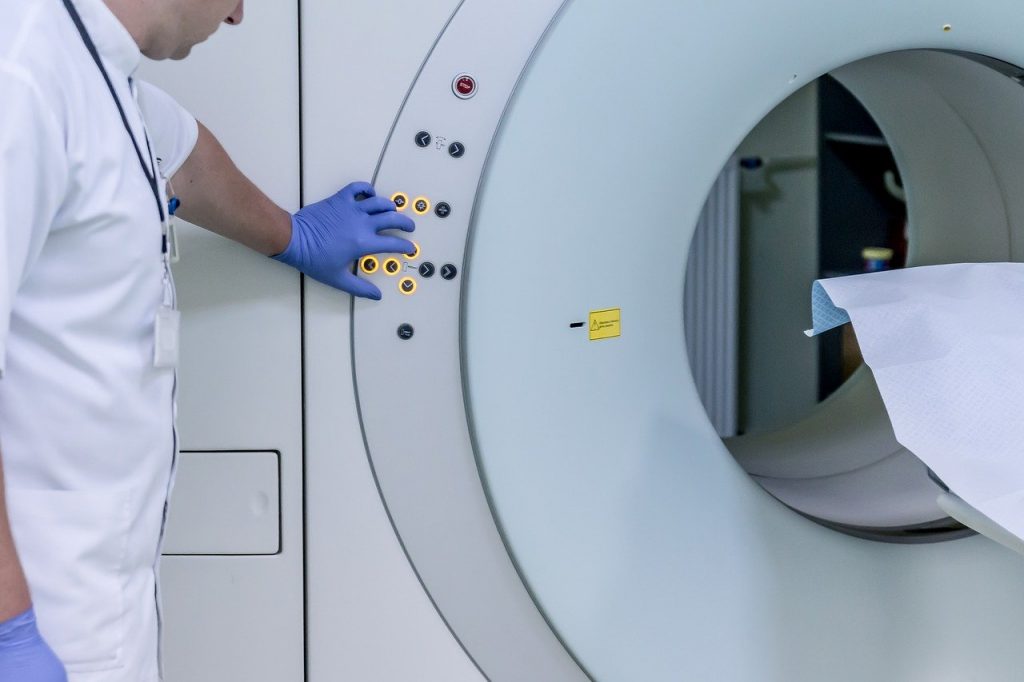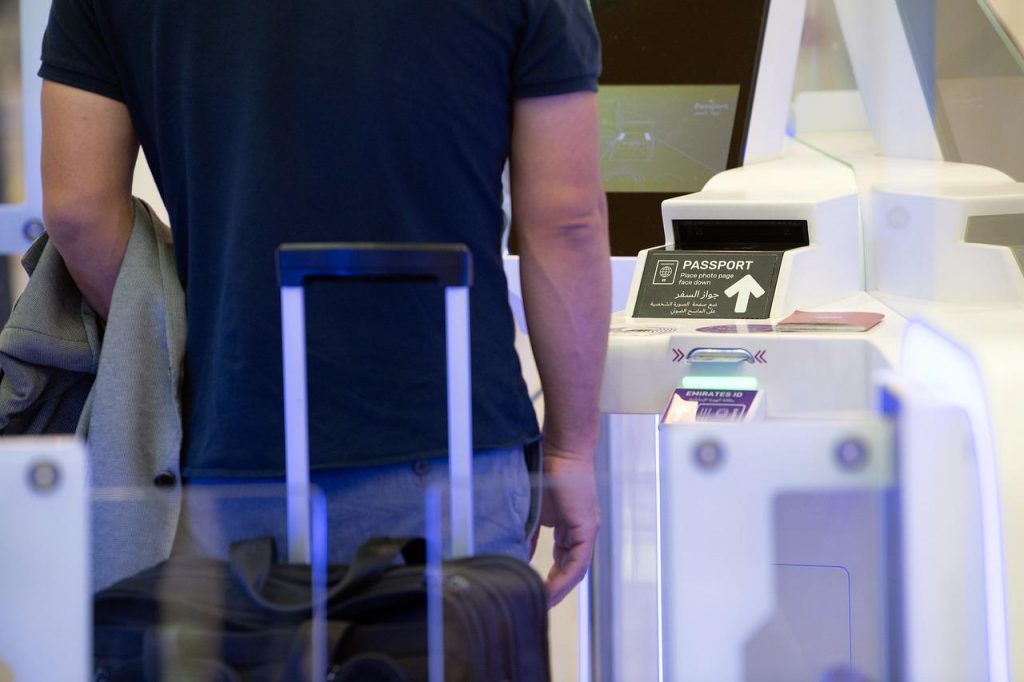
Career Break in Australia for Britain’s Junior Doctors
The ongoing challenges with the UK government’s decision to impose the new junior doctor contract is leaving many disillusioned with the state of their profession. Many are seeking career breaks in countries such as Australia, where they can earn double what they are paid in Britain. Figures given to the Observer by the General Medical Council show that 22,000 doctors applied to work overseas in the last eight years, with a likelihood that this number will rise if there is not a satisfactory agreement made.
So if you find yourself looking at options and need some direction to find medical work in Australia, then the following advice from Helena Bart should help you navigate your way through the process.
It is essential that you have:
An up-to-date CV. If your medical CV is a bit rusty, there are some excellent sources of information online such as the BMJ website. Ask a friendly senior doctor to eyeball it for you and give constructive feedback.
Line up a couple of referees. The Australian hospitals will want contact details of these when you apply for jobs, which will usually just be to ask them to write an email of recommendation. Often one has to be your current supervisor.
Find a reliable printer and scanner. The easiest way to send things back and forward is printing them off, and then scanning them in again. There is generally is a lot of paperwork for the Australian hospitals which needs filling in and signing, so be prepared for this.
Find out where your local DHL/Post office is for posting things to Australia. DHL is about £30 a pop, but is traceable and delivers within 3-5 working days. The post office costs about £5, takes a tiny bit longer, but isn’t traceable.
Have all your original documents to hand. Have these scanned in as everyone will want copies. Also make multiple photocopies as you’ll need these for getting everything notarised – a vital item for each application process. The basic documents you’ll require are:
- Passport – make sure this is in-date for 6 months after you plan to return
- Driving licence – make sure this is in date for the duration of your trip
- GMC certificate
- Degree certificate
- FY1 + FY2 certificates of completion/competency
- Letters – A couple of recent official letters with your name and address on – i.e. bank letters, MDU/MPS letters
Find a Notary Public. You’ll need to get photocopies of the above notarised by someone authorised to do so. This costs money, so phone around and see what you get quoted. You’ll need to make an appointment, take all your original documents and photocopies of each. The recommended is 3 copies of each document (1 each for AMC, AHPRA and your hospital). By putting their official stamp on each photocopy and signing it, the notary public essentially confirms that the photocopies are genuine copies of the originals and you’re not faking anything.
The notary public may well want you to get written proof from your university that your degree certificate was genuinely awarded to you, likewise with your FY1/FY2 certificates. They can phone up the GMC and get instant confirmation that you’re registered.
You may well need to revisit your notary public to witness you sign some of your hospital documents. Scan your notarised documents before you post them all off, as you’ll need to upload these documents as part of your visa application. Some hospitals will also accept scanned notarised documents rather than originals.
Applying for the Australian Medical Council (AMC)
This can be done through their website via the Competent Authority Pathway. This is because Australia recognises English qualifications, so means you don’t have to take any medical exams or exams to prove you can speak English. This process takes at least 3 months and is the starting block for all the ongoing paperwork. The certificate of AMC approval is posted to you, but received about another month after everything is completed. Start the AMC application process as early as possible if you’re sure you want to go to Australia, even before you’ve secured a job!
Start around December. I started the whole process in March/April which has proved too late for an August start (I’m writing this mid-August and I’m still visa-less…)

Getting a job:
There are a few ways to go about this and jobs will appear at various times. Most will interview by phone either early in the morning or late at night – my earliest was 5.45am and my latest was at 11pm. There’s usually a run through of a couple of scenarios (mine were generally ALS related) and a bit of general chat. Have any questions you may have ready as well. The main approaches are:
1. Locum agencies – These can be approached at any time, ask around for agency recommendations from people who’ve done it before. They tend to mainly advertise jobs in slightly out of the way places, although they do still have jobs in popular places (i.e. the big cities). They’re very handy for helping and supporting people through the nightmare that is the paperwork.
2. Directly contact hospitals – This requires a rough idea of where you want to work and an up-to-date CV. Search the hospital websites and email/phone relevant people with your CV and see what comes back. This worked well for some people, but not everyone. Start early (December time) and some will be keen to arrange interviews, others will tell you to come back later and some will tell you they have nothing.
3. State government websites – These will advertise all healthcare jobs, so it’s a case of regularly trawling through to find what’s relevant and where. Again, have a rough idea of where you want to be and have an up-to-date CV for online applications. Some of the Sydney jobs came out as late as April-June so if you’re brave enough to hang on you can get some good locations at the last minute.
Applying for AHPRA:
This takes 4-6 weeks (supposedly) and requires you to be sponsored, so by this point you need a prospective employer in place. You also have to have completed the AMC process and received the certificate to prove it. Again, lots of paperwork which you’ll have to post back to your employer who will then fill in their section and forward on to AHPRA. Without AHPRA registration you won’t be granted a visa or be allowed to start work.
Applying for your visa:
The 457 business visa again takes a few weeks to process and requires a letter of approval from AHPRA, proof you’ve got adequate medical/health insurance and an authorised medical to be performed in the UK. There are limited centres authorised to carry out visa medicals, so you’ll need to check on the immigration website for the nearest place.
Availability is hit and miss, but usually the earliest slots are 2-3 weeks from when you phone. The medical requires Hep B+C and HIV blood tests, chest x-rays, basic BP, height, weight measurements and a very quick examination. This is then processed and sent off to the immigration department within 10-14 days, or can be done online.



